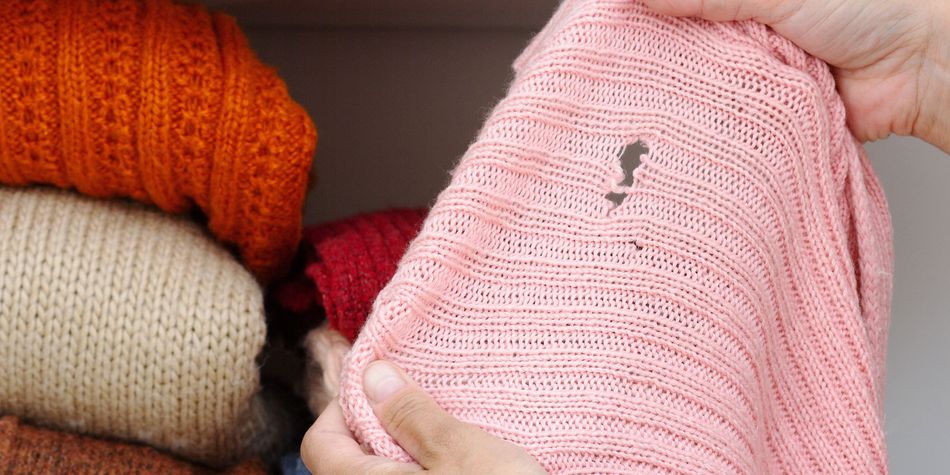By clicking a retailer link you consent to third-party cookies that track your onward journey. This enables W? to receive an affiliate commission if you make a purchase, which supports our mission to be the UK's consumer champion.
How to keep Asian hornets out of your home this summer
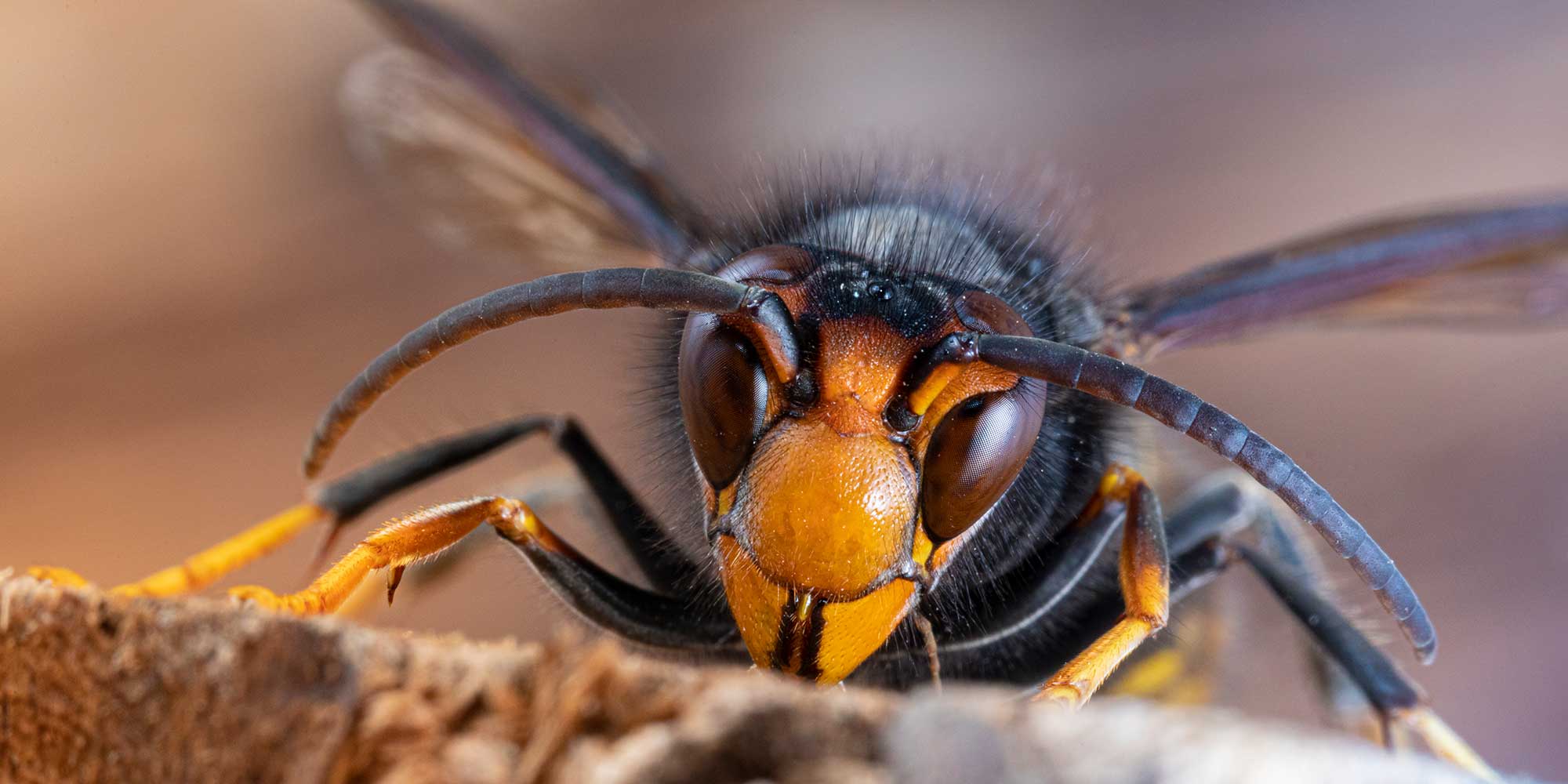
Asian hornets are an invasive species that prey on honeybees and other vital pollinators – creatures essential to the health of our ecosystems.
While they pose little direct risk to people, their presence in the UK is a growing concern.
Confirmed sightings remain relatively low overall, but they're increasing. The Department for the Environment, Food and Rural Affairs (Defra) reported the destruction of 96 nests in 2023 and 2024.
If you’re not sure what Asian hornets look like, or what to do if you think you’ve seen one, we’ve spoken to a Which? Trusted Trader for tips and advice on how to help keep your home hornet-free.
Be inspired to make home improvements. Sign up for our free monthly Home newsletter
What is an Asian hornet?
Asian hornets are a non-native species in the UK. While they resemble European hornets, they're smaller, with yellow-tipped legs and mainly black bodies.
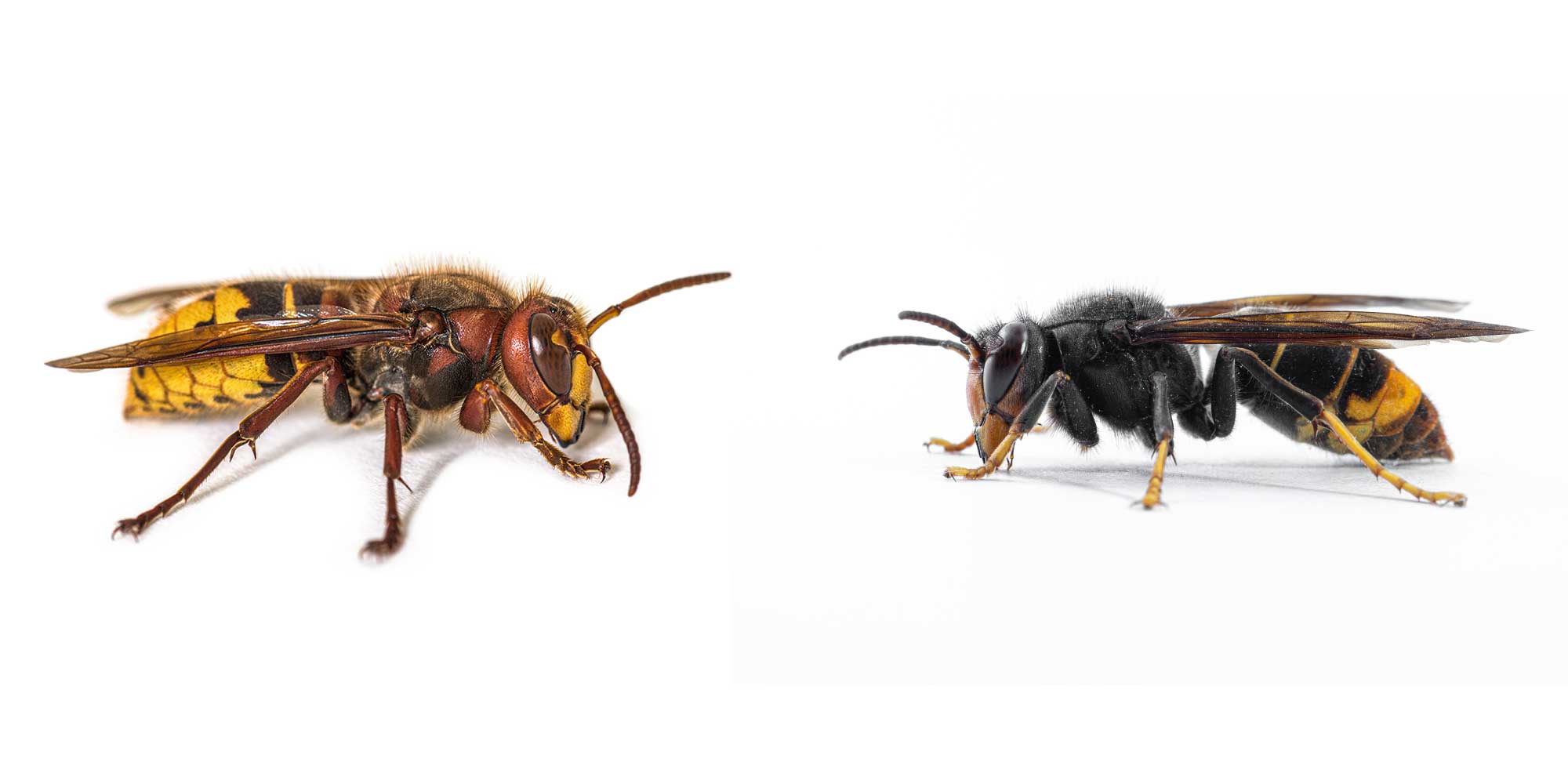
Sian Curtis, a Which? Trusted Trader and owner of Miss Catch'em Pest Control Ltd, explained: ‘The key difference is the yellow-tipped legs – they're quite distinctive. They also have a single orange band on their abdomen.'
In addition, they show clear patterns of behaviour. As Sian says: ’Asian hornets can build large nests that may contain up to 6,000 individuals. To construct these nests, they strip bark from trees, and gather wood from fences and other sources.'

Dealing with pesky pests? See the best mosquito repellents to keep creepy crawlies at bay
Are Asian hornets dangerous?
Although Asian hornets threaten wildlife in the UK by preying on bees and other pollinators, they don't generally pose a risk to humans.
‘If you disturb a nest, they can become threatened,' said Sian. ‘It’s only then that they would sting you. Although it hurts, it's not usually an issue unless you have an allergy or are stung multiple times.
’If you do have an allergy to wasp or hornet stings, seek urgent medical advice.'
Not sure what's bitten you? Our guide to insect bites and stings tells you how to identify and treat eleven different common bug bites
What should you do if you see an Asian hornet?
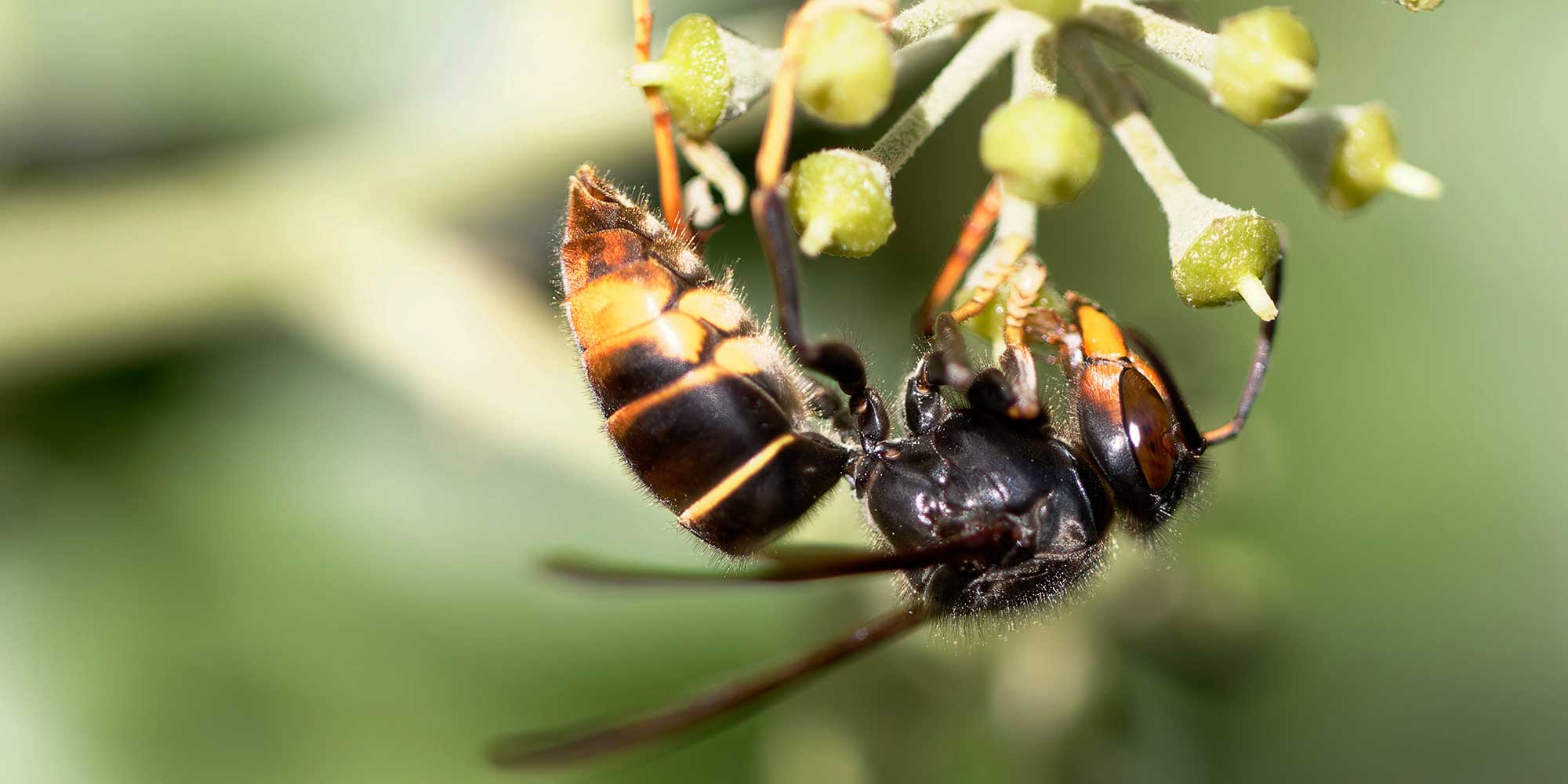
Asian hornets can cause serious harm to the environment by preying on bees and other pollinators to feed the larvae inside the colony, so it’s important to report any sightings.
If you think you’ve seen an Asian hornet, don’t try to disturb or remove a nest yourself.
You can submit sightings using the free Asian Hornet Watch app (available on Android or iOS) or via the government’s online reporting form, managed by the UK Centre for Ecology & Hydrology (UKCEH).
All reports help the National Bee Unit, a specialist government team, respond quickly and prevent further spread.
How to prevent Asian hornets from getting into your home
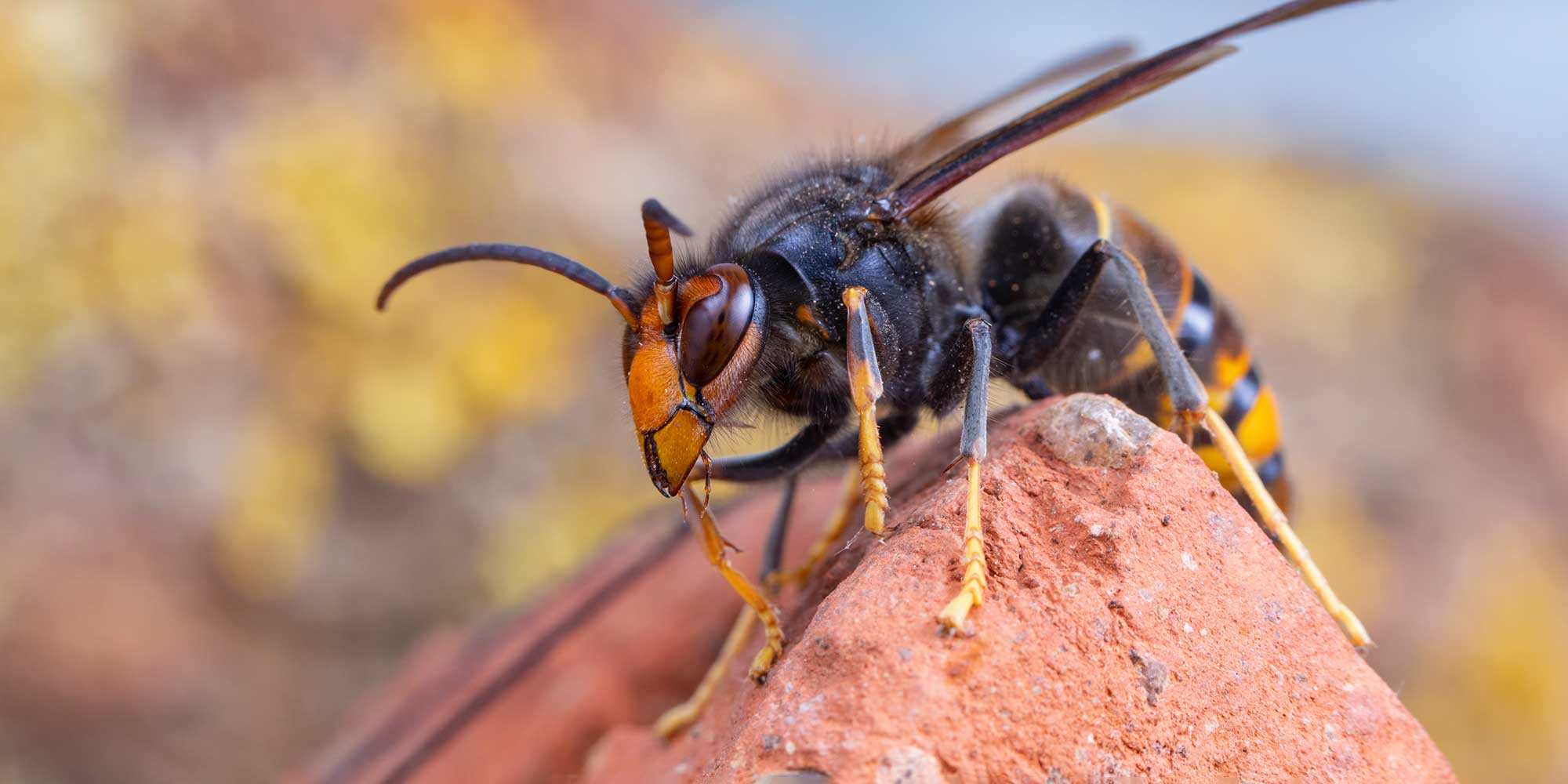
Asian hornets often build their nests in sheltered spots such as roof spaces, air vents and around window frames, so it's important to check your property for potential access points.
Sian also recommends checking trees, bushes, sheds and even less obvious areas such as chicken coops, where nests might be hidden.
To reduce the chances of attracting hornets:
- Keep bins closed and make sure bin bags are tied. We've tested to find the best bin bags to prevent spills that might attract pests.
- Cover food during summer, as the hornets are drawn to sweet smells. Our experts have outlined the best food storage tips.
- Pet owners should clear away food bowls promptly, especially if they contain meat residue.
Sian advises: ‘Get vent covers to block access points and seal any gaps around window frames or roof eaves.'
If you do find a nest:
- Take a photo (if it’s safe to do so) and report it via the Asian Hornet Watch app or official government website.
- Do not try to remove or destroy it yourself as hornets can become aggressive if threatened.
If you spot what you think might be an Asian hornet and report it, the National Bee Unit will carry out a field investigation to locate, destroy and remove any nests, and send samples to a lab for confirmation.
If the insect turns out not to be an Asian hornet, or if you're dealing with another type of wasp or hornet infestation, it’s best to contact a professional pest controller.
Sian says: 'They have the right equipment, including strong insecticides that can be injected directly into the nest.'
Should you be worried about Asian hornets?
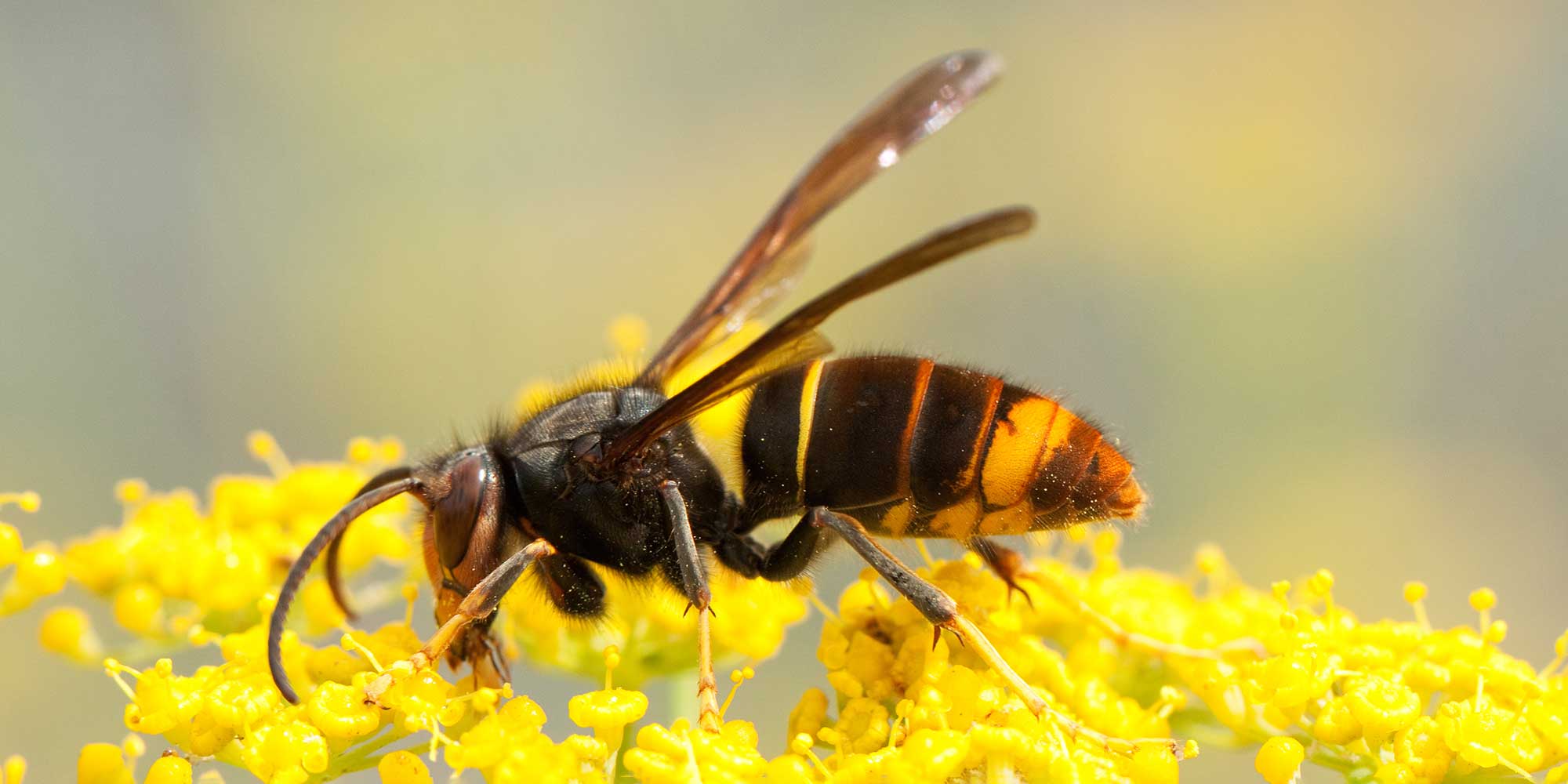
Asian hornets aren’t widespread in the UK, and confirmed sightings are still rare. But they do pose a real threat to pollinators, and that’s why it’s worth knowing what to look out for.
The risk to people is low, but if you do spot one, acting quickly can help stop them from becoming established.
Kate Wilson, head of the National Bee Unit, said: 'Yellow-legged hornets cause significant damage to native pollinators, including our much-loved honeybees. That’s why [we take] swift action to stamp out the threat posed by yellow-legged hornets, all as part of ongoing monitoring and surveillance work to protect our pollinators.
'We encourage the public to remain vigilant and continue to report any potential sightings using the Asian Hornet Watch app and online.'
Care for pollinators by growing the best plants for bees.



